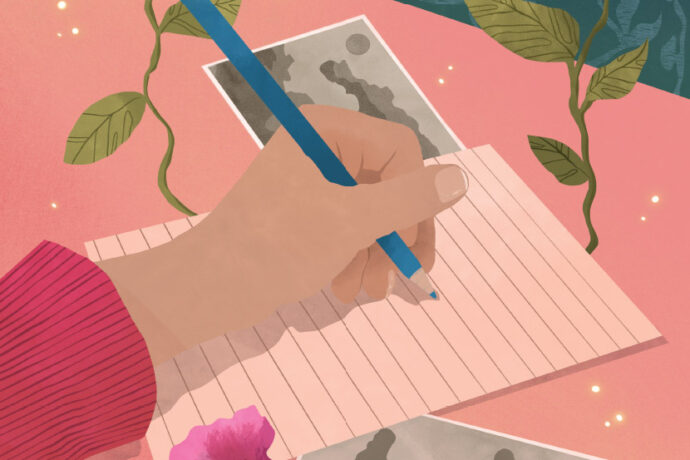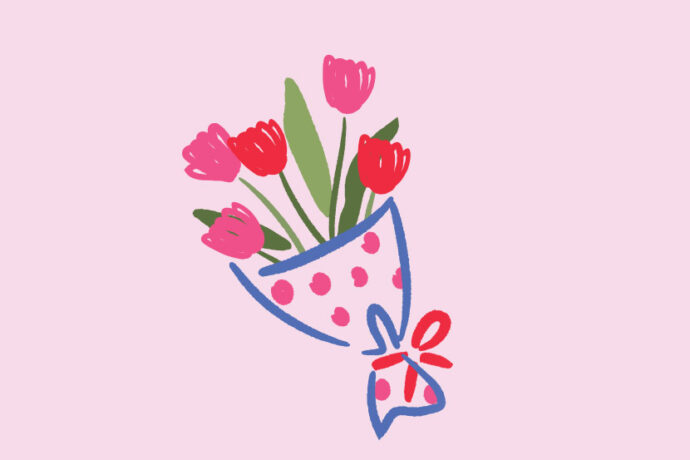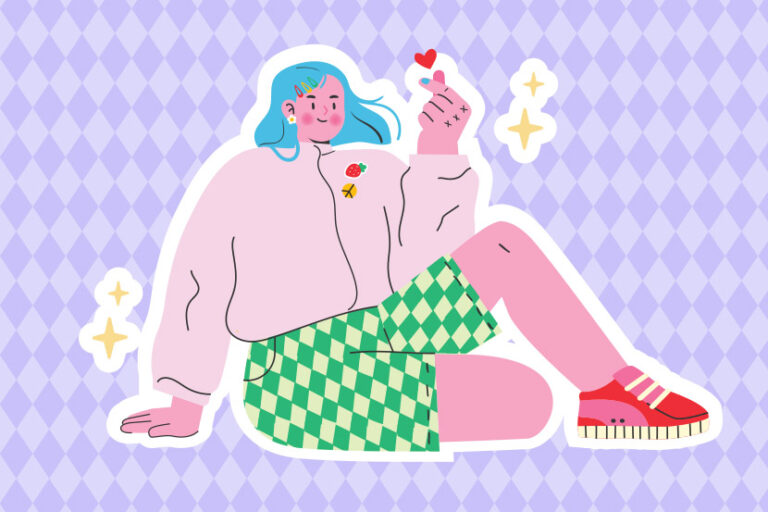
At the darkest of times, forgiveness lets in a glimmer of light
Forgiveness is a process that might sound good in theory but can be difficult to put into practice, especially when it comes to pardoning people who’ve caused you great pain. It’s often hard to know where to begin. American psychologist and retired professor Everett Worthington has devoted much of his research career and clinical practice to teaching people how to forgive. For him, the topic is deeply personal. Decades ago, he chose to forgive the person who killed his mother.
According to Everett, for some people, part of what makes it tempting to hold on to a grudge is they enjoy feeling resentful. ‘It makes them feel more powerful to be angry at someone, and maybe motivated to get back at the person.’ He compares it to overeating or staying up too late – people know it’s not a good idea, but in the moment it feels good.
Health effects
Yet like overeating or neglecting sleep, holding a grudge can have adverse effects on your health. It turns out the old saying ‘holding a grudge is like drinking poison and expecting the other person to get sick’ bears some truth. Evidence-based studies have shown that your state of mind can affect you physically, in positive or negative ways. Carrying resentment can act like a pressure on the system, activating the body’s stress response, which unleashes cortisol into the bloodstream. Chronically elevated cortisol levels can increase the risk of having a heart attack or stroke, and interfere with the immune system. On the flip side, the act of forgiveness can be beneficial.
Research has shown a connection between it and higher levels of happiness, fewer symptoms of anxiety and depression, and lower pain levels for those with a chronic condition. A recent study found a connection between self-forgiveness and slower cognitive decline in older people. Researcher Loren Toussaint, professor of psychology at Luther College in the US, believes that forgiveness is ‘related to longer life in general’. He advises anyone struggling to ‘know you’re not alone’. He adds: ‘For a lot of people forgiveness does not come easily. There are also instances where it seems to come very quickly, even for very significant things, but that’s not the norm.’
According to both Everett and Loren, it can be helpful to make a distinction between forgiveness and reconciliation. People can assume that the former means letting the person who hurt you back into your life. However, says Everett, ‘forgiveness is really independent of reconciling’. Loren sees it as an internal process that involves transforming thoughts, emotions, feelings, and motivations from negative to neutral, or even positive. He says he’s often asked if survivors of abuse should forgive the perpetrators: ‘I say, it’s entirely up to the victim whether or not they want to forgive an abuser. But I would not recommend reconciling with them, because if someone has hurt you in the past, there’s a good probability they might do so again in the future. I don’t want to encourage people to go back to places of vulnerability or ones where they might be harmed again.’
It doesn’t mean forgetting what’s been done to you, but rather allowing yourself the freedom to move on.
Personal process
Another misconception is that forgiveness means letting the offender off the hook. Everett stresses this is not the case. In his opinion, if his mother’s killer were to be caught ‘the fact that I’ve forgiven him would make no difference – he would still have to face justice in exactly the same way’.
Loren says that at the outset of the forgiveness process, it’s helpful to be clear with yourself about what the original offence was and what you want from the situation. ‘Is itsomething in particular that you’ll forgive them for? Or have they just been a horrible person all your life and you want to try to forgive them for being who they are? Those are different things – and obviously a very different kind of process will have to unfold.’
The next step is trying to empathise with, or humanise, the offender. Key to this is remembering that you might have wronged others too. ‘People hurt us, and we’re offended, and we don’t want to forgive them,’ Loren says. ‘But we also hurt other people and offend them, and we want their forgiveness.’
He says a key turning point comes ‘when you can realise you simply cannot get through life productively with hatred in your heart, especially if it comes to dominate your perspective and your feelings on a day-to-day basis’. He adds: ‘You have to find some way to take the evil out of the wrongdoer, in your eyes, and understand them as a human being, just like you, deserving of the same things that you hope you might deserve some day.’
In some cases, forgiveness can also mean letting go of the search for answers. Sometimes the offender’s motives aren’t clear. ‘We call something “senseless violence” for a reason – it’s senseless,’ says Loren. ‘There is no logic… So there’s got to be an end to a search for understanding or meaning in a situation where there might not be one.’ Forgiveness is ultimately a gift you can give yourself. It doesn’t mean forgetting what’s been done to you, but rather allowing yourself the freedom to move on.
Forgiving the unthinkable
Everett began researching forgiveness in 1990. Little did he know his research would be put to a cruel test six years later, when his mother was murdered by a burglar. Police believe the person broke into her house thinking it was empty, and killed her when she confronted them. Everett’s initial reaction was one of shock and anger. He remembers sitting in his brother’s room with his siblings the following night and gazing at a baseball bat leaning against the wall. He told them: ‘I wish whoever did that was here. I would take that baseball bat and beat his brains out.’
Unable to fall asleep that night, he began working on his mother’s eulogy. As he thought about her and her life, he says that ‘it just came to me that here I am, a researcher in forgiveness… and yet I had gone almost 24 hours and never allowed that word to enter my mind’. He began to imagine his mother’s killer as a young teen who’d been overtaken by anger and fear when their perfect crime was spoiled, and he recalled his own anger earlier that evening. ‘I thought, wait a minute – whose heart is darker here? This kid with the impulse-control problem, who’s afraid, and angry – or me, this mature man?’ He realised that if he could be forgiven for his own rage, so, too, could his mother’s killer. He committed then and there to forgive them.
Model for forgiveness
Everett has developed a formula for forgiveness that he calls the REACH model. It’s the same process he worked through when he forgave his mother’s murderer, and it’s been proven to be effective in more than 30 randomised control trials around the world. Here’s the formula:
R is for recall: try to remember the hurtful event as objectively as you can.
E is for empathise: try to see the perspective of the person who hurt you.
A is for altruism: remember a time when you hurt someone else and you were forgiven.
Next, offer that same unearned gift of forgiveness to the person who hurt you.
C is for committing: commit to publicly forgiving the person who wronged you.
H is for hold on: remember the choice you’ve made to forgive. This doesn’t mean forgetting
or ignoring the hurt.
If you’re using this model, or trying to forgive someone, these questions could help
get you started:
- What is it costing me to hold this grudge? Could I try letting go of these negative emotions for the sake of my own wellbeing?
- What would justice look like in this situation? How might forgiving this person be possible, even if justice is not served?
- Do I want to reconcile with this person? What changes would I need to see them make to do so?
- Have there been times when I’ve hurt someone and been forgiven? How can I show the same grace to the person who’s wounded me?


















